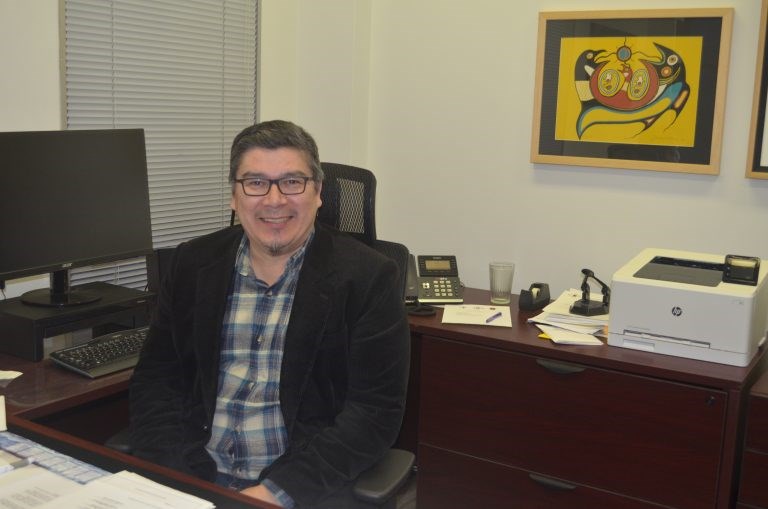Thirteen Manitoba First Nations now have vehicles and trained staff to provide non-ambulance transportation and 12 of their members have graduated from a customized emergency medical responder training program.
The achievements are the result of two initiatives by Keewatin Tribal Council and the four Arrows Regional Health Authority to train medical responders and obtain equipment needed to transport people, including those in wheelchairs and stretchers.
Started in 2019, the projects to provide medical transportation as well as emergency medical responder training received a combined $1 million from the federal government in the 2021-22 fiscal year. Last month, custom-made Dodge Ram Promaster vans with rear fold access ramps and other medical equipment and supplies from Move Mobility were sent from Winnipeg to 13 Northern Manitoba First Nation health centres.
Near the end of January, 24 students from seven First Nations received advanced first aid certificates and 12 graduated from an 11-week emergency medical responder program delivered by Criti Care Paramedic Academy. Those students then wrote the Canadian Organization of Paramedic Regulators Exam and received the EMR Certificate of Practice from the College of Paramedics Manitoba.
“Our communities now have new non-ambulance transportation vehicles and trained EMR staff prepared to treat and transport community patients in emergency situations,” said FARHA executive director Alex McDougall. "This service didn’t exist in our communities. FARHA communities are safer because of the funding provided to our EMR Training and Medical Transportation initiative.”
FARHA works to improve health outcomes for the Island Lake First Nations of Garden Hill, Wasagamack, St. Theresa Point and Red Sucker Lake.
KTC health director John Spence says the training has increased health services available to residents of KTC’s 11 member First Nations.
“Emergency management services is a key component of a typical health care system. Now our community members have pre-health centre or pre-hospital care for people who are sick or injured. This program is another step in KTC creating the capacity and infrastructure, at the community level, that are culturally safe and appropriate.”
The graduates of the emergency medical responder training program were congratulated by Indigenous Services Minister Patty Hajdu.
“Keewatin Tribal Council and the Four Arrows Regional Health Authority are quickly making progress since launching their Emergency Medical Responder and Medical Transportation Initiative in 2022. With new transport vehicles in service, new medical equipment and supplies, and training programs in full swing, First Nations communities served by FARHA and KTC will be able to see the improvements when accessing their health care and services."
Collectively the medical transport and emergency responder programs serve 15 First Nations and more than 30,000 people on and off reserve.




